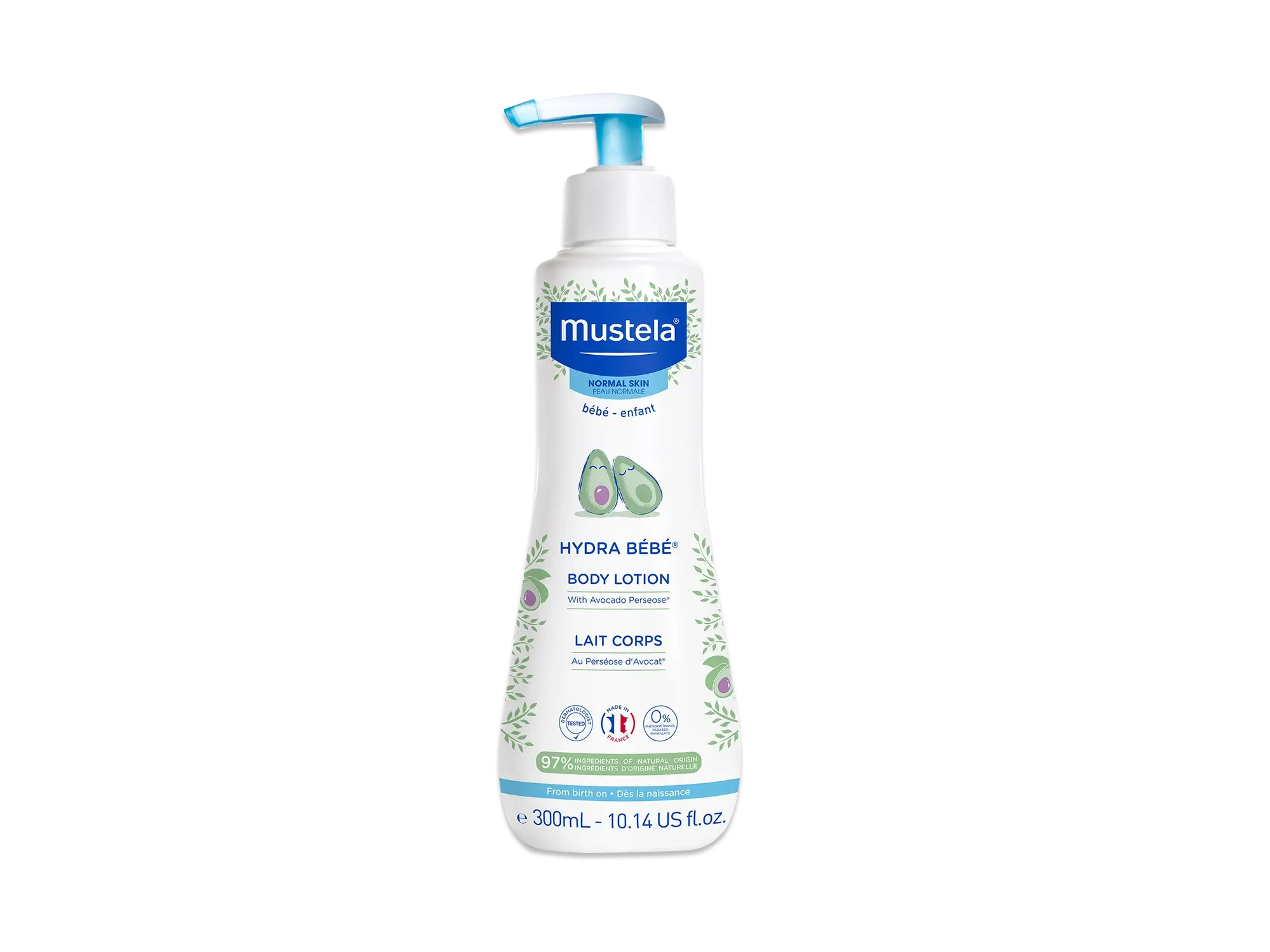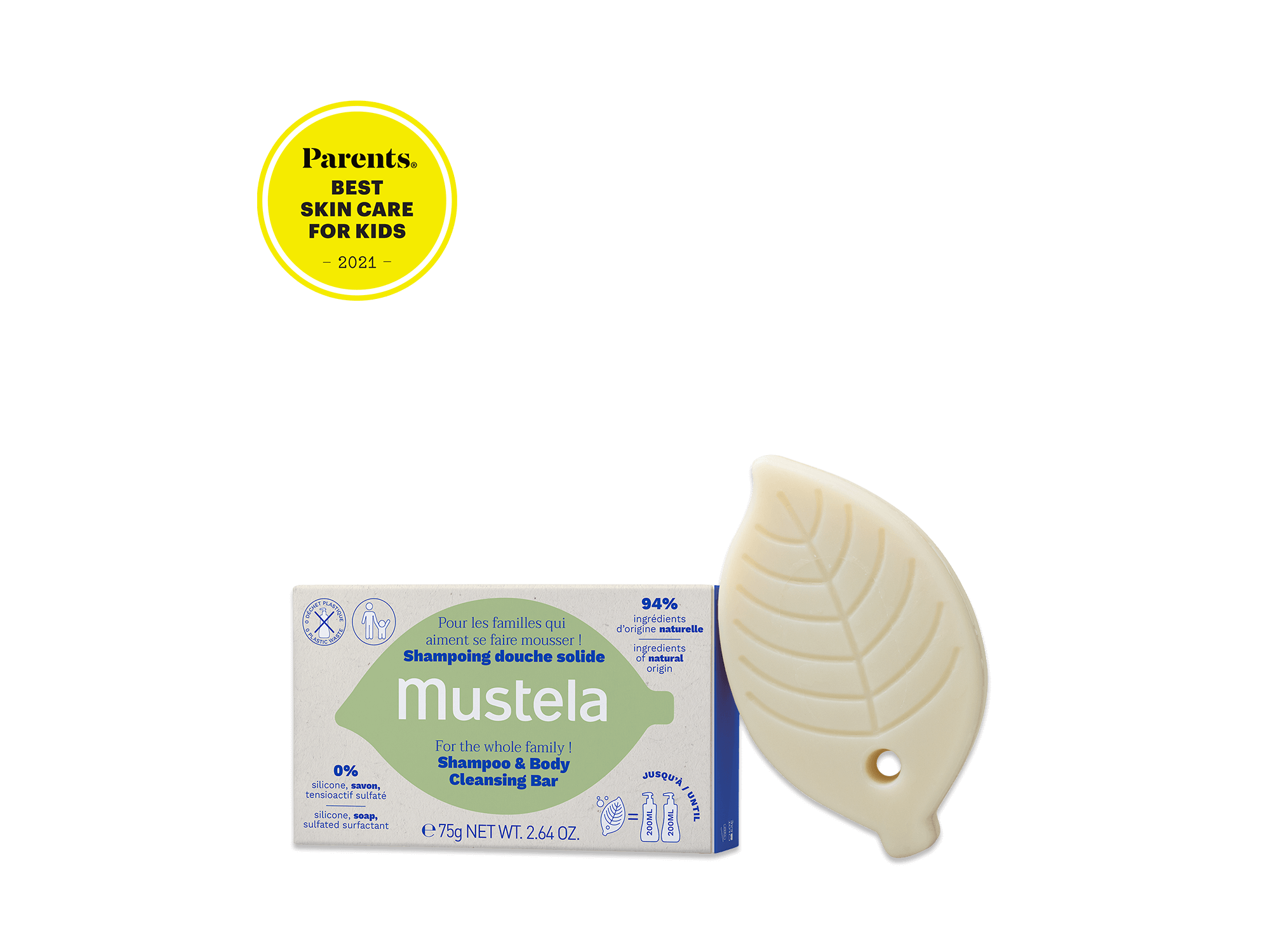Bleary-eyed, you hear your baby stirring in their bassinet. Why are they still up? They should have been asleep an hour ago. You wonder if your baby’s fighting sleep and why.
In this article, we’ll explain the signs that your baby is resisting sleep and the reasons they may be doing so. We’ll also give you ways to help them settle down and get the rest they need.
Key Takeaways
- Yawning, ear pulling, and eye rubbing are all signs of a baby fighting sleep. Other signs to look out for include crying, fussiness, restlessness, and hyperactivity.
- There are many reasons why babies fight sleep, including overtiredness, developmental milestones, overstimulation, and a poor sleep environment. Hunger, discomfort, separation anxiety, life changes, sleep regression, and illness may also get in the way of their shuteye.
- Helping your baby sleep better is a matter of keeping a consistent bedtime routine and ensuring they’re comfortable, fed, and their room is sleep-ready. You might also dress them in a swaddle, try a pacifier, adjust their feeding and sleep schedule, and get outside during the day.
- Sleeping is important for babies because it’s when they develop physically, mentally, and emotionally. Also, babies’ immune systems strengthen during this time, making them less prone to illness.
Why Sleep Is Important For Your Baby
Getting the right amount of sleep is key to babies’ development. According to the National Sleep Foundation, newborns should get from 14 to 17 hours of sleep each day. Infants from four months to one year need 12 to 16 hours, and one to two-year-olds need 11 to 14 hours.
During those hours of shuteye, you may think your little one is just relaxing. However, the truth is that their bodies are more active than ever. Let’s take a look.
Physical And Mental Development
While your baby is sleeping, growth hormones are released, fueling their physical growth. It’s also the time when their brain develops, making neural connections and consolidating memories.
Immune System Development
While sleeping, your baby’s body is busy building and repairing tissue, from bones and muscles to organs, and their immune system is strengthening.
Emotional Development
A good night’s sleep will help your baby manage stress, recognize emotions, and build bonds with you and other caregivers.
Signs Your Baby’s Fighting Sleep

There are many signs to look out for that may indicate your baby’s fighting sleep. These include:
- Yawning
- Fussiness
- Ear pulling
- Eye rubbing
- Restlessness
- Hyperactivity
- Crying
If your baby is exhibiting these behaviors, the next step is to find out why.
Possible Reasons Your Baby’s Fighting Sleep
A baby fighting sleep is not atypical. They’ll do this for all sorts of reasons. Here are some of the most common.
Overtiredness
Did you drop a nap recently? If your baby hasn’t adjusted to one less nap yet, they may be overtired. This can mean they’ll become fussy and have a hard time settling down.
Developmental Milestones
Another reason your baby could be fighting sleep is that they’ve hit a new mental or physical milestone. They might have had a growth spurt, making them extra hungry, or gained new physical skills they want to practice instead of sleeping.
Too Much Stimulation
Sometimes a baby fights sleep because they’re feeling overstimulated. The hustle of the household may prove too exciting for them to get their shut-eye.
Poor Sleep Environment
If your baby’s nursery is too light, warm, cold, or loud, your little one’s inability to sleep could be due to a poor sleep environment.
Separation Anxiety

If your baby has bonded so strongly that they’re anxious when you say good night, it could impact their sleep. This is thanks to their development of object permanence, where they worry you’re leaving for good.
While this is a completely normal phase, it can be challenging when it comes time for bed.
Discomfort
If your child is uncomfortable, they’ll have a hard time sleeping. Things like cutting a new tooth, catching a cold, or having a wet diaper could be what’s keeping them up.
Hunger
Dreaming of bonbons isn’t the same thing as eating them. If there’s a rumble in their tummy, your little one may not be able to get to sleep.
Life Changes
Babies are sensitive to changes, so if something in their environment is different (like a new caregiver, schedule, or home), they may morph from an expert sleeper into a baby fighting sleep.
Sleep Regression
Disruptions in your baby’s sleep, called sleep regressions, may happen periodically throughout your baby’s first couple of years. The good news is these are normal and temporary, so if this is the reason they’re fighting sleep, they should be back on track soon!
Illness
If your little one is under the weather or suffering from an illness, it’s likely to affect their sleep. Things like congestion, an ear infection, and gas are common ailments that can keep your child up.
How To Help Your Baby Sleep Better

If you want your little one to sleep more soundly, there are a few things you can do. Let’s take a look.
Keep A Consistent Bedtime Routine
One of the most important things you can do to help your baby sleep is to maintain their bedtime routine, which is a set of steps you do every time you put your baby to bed. Common steps include:
- Giving a feeding
- Dimming the lights
- Turning on soft music
- Massaging your baby with Mustela’s Baby Oil
- Reading a book
Remember, it doesn’t matter what steps you include in your routine; you just need to do them consistently.
Ensure That Baby Is Comfortable
Make sure your little one is comfy enough to nod off. Look for things like itchy tags or a wet diaper that might be making them uncomfortable. Also, if they have a cold or other ailment, address the underlying issue so they’re able to get their rest.
Make Their Room Sleep-Ready
Optimizing your baby’s nursery for sleep is another important step. This means keeping their room dark, setting the thermostat to cool but not cold, and ensuring the house is quiet.
Give Baby A Bath Before Bed
Giving your baby a warm bath before bed is another trick to help them nod off. The bath will increase blood flow to baby’s extremities, causing their core temperature to drop and signalling to their brain that it’s time for some shuteye.
When it’s time for the bath, try Mustela’s Gentle Cleansing Gel. It will clean and soothe your child’s delicate skin with 93% natural ingredients, including Avocado Perseose® and Vitamin B5.
Dress Baby In A Swaddle

Dressing your baby in a snug swaddle can help create a sense of security. It also suppresses the Moro reflex (the startle reflex) that can wake them when they’re sleeping.
Just remember to stop swaddling once your baby starts showing signs of rolling over, usually around two to four months old.
Try A Pacifier
Pacifiers can calm babies, making it easier for them to sleep. According to studies, non-nutritive sucking also reduces the risk of Sudden Infant Death Syndrome (SIDS).
Adjust Their Feeding And Nap Schedule
If your baby is having a hard time nodding off, it’s possible that their schedule needs a tweak. You don’t want them over- or undertired. Much like in the story of the three little bears, the goal is just right.
Get Outside During The Day
Being in the daylight will help reset your baby’s circadian rhythm, making it easier for them to fall asleep at night.
Sleep Easy With Mustela

Knowing the signs of a baby fighting sleep and the reasons they may be doing so gives you a good idea of what to do next. If you’re looking for some soothing steps to take before bed, let Mustela help.
Our Gentle Cleansing Gel is a newborn-friendly and tear-free cleanser made from 93% natural ingredients to soothe and clean your baby’s skin. Or, if your baby is prone to eczema, try our Stelatopia Cleansing Gel designed to hydrate dry, itchy skin and keep it moisturized.
Trust Mustela to soothe your baby’s skin so they can relax and get the sleep they need!
Frequently Asked Questions
What’s the 5-3-3 rule for babies?
The 5-3-3 rule is a sleep training guideline to help babies transition to longer sleep periods. With the 5-3-3, baby sleeps for five hours, then is awake for three hours, and sleeps again for three hours.
What’s the 3-minute rule for baby sleep?
The 3-minute rule for baby sleep refers to putting your baby down to bed and then waiting for three minutes before checking on them. It’s a step toward sleep training and helping your little one start to learn to self-soothe.
What’s the hardest age to sleep train?
Although the hardest age to sleep train can be different from baby to baby, between 18 months and two-and-a-half years is often cited as the most difficult.
At that age, a child has their independence and is used to doing things in their own way, making it harder to change their sleep habits.



















